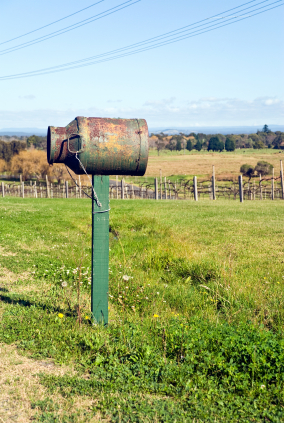Recently I was reading an article in Toronto Star about our weaning faith in human ingenuity. For a moment, fear and disappointment froze me and put me out of action. But I recovered soon enough to realize that our faith in human ingenuity may be in short supply, but there is no short supply of human ingenuity.
The article quotes Nouriel Roubini, the distinguished professor of Economics at Harvard University as having said in his web site “One cannot rule out a systematic collapse and a global depression.”
That’s one hell of a depressing remark. What makes it eerie is that his prediction about global economic meltdown in the year 2006 has come to pass very accurately. So much so that governments all over, seek an appointment with him to take his counsel in these turbulent times.
He goes further to say that the way the economy moving, its state would be even worse than what he has predicted 2 years ago. But of course Mr. Roubini has admitted that he is a confirmed pessimist. He says he came to this conclusion after extensive research and analysis of the then available data and trends.

But I am a born optimist. I don’t have the qualifications, experience, or reach of Mr. Roubini but my strong sense of intuition says that the world will overcome its difficulties and emerge stronger. Apart from my intuition, I also put trust in creativity of humanity as a whole to solve problems of this size.
And I would like to quote Edward De Bono in his book ‘Serious Creativity’, in support of my trust.
When he talks about the need for creativity he says,
” …. whenever we look at the world we are only too ready to see the world in terms of our existing patterns … That is what makes perception so powerful and so useful. We can recognize most situations. This is also why the analysis of information will not yield new ideas. The brain can only see what it is prepared to see (existing patterns). So when we analyze data we can only pick out the idea we already have.”
We should not stand paralyzed with fear or self pity or resist what is happening. I am forced to repeat the trite saying, “We do what we have got to do.” The following story makes this point very clearly.
Courtesy driver Douglas Prasher at one of the Toyota dealerships in Huntsville was once a research scientist who collected jelly fish for its strange glow. During the course of his research he isolated and copied the gene responsible for its strange glow. He believed that this property could be used to highlight molecular functions that are otherwise invisible.
As fate would have it, his research grant ran out, with NASA slashing his funding. With mounting bills to be paid, he did what he thought was the sensible thing to do. He took a job as a courtesy driver so that he can make some promising business contacts.
But he also did the noblest thing in my opinion, in turning over the gene he isolated, to this year’s Nobel Laureates in Chemistry, Chalfie, and Tsien for further research. At a news conference in San Diego after winning the award, Tsien said Phrasher’s work made the research that led to the Nobel Prize possible.
Imagine being left out of the team that went on to win the Nobel Prize. But this doesn’t bother Phrasher one bit. Remember he faced his Great Depression in his life at one point. But still he did what he had to do.
If every one of us like Phrasher goes with the tide doing what best one can do, instead trying to swim against it, there will be abundance of opportunity.
The point is our resourcefulness is not in short supply.
The world will survive and prosper provided greed doesn’t interfere once again.